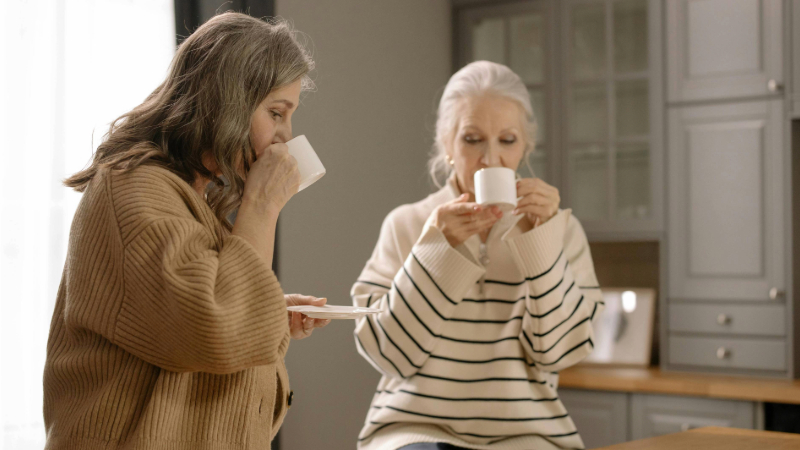Multi-pronged approach needed to raise awareness of the link between breast cancer and alcohol

There is no ‘one size fits all’ approach to raising awareness of the link between alcohol and breast cancer and helping people cut down or give up drinking, a study at Oxford Brookes University has found.
The study was launched last year by Dr Emma Davies, Reader in Psychology at Oxford Brookes and involved gathering the views and experiences of women aged 40 to 65. A total of 310 women and one man were surveyed, and focus groups held with 33 women and workshops with 12 women.
The lack of knowledge about the link between alcohol consumption and cancer was highlighted in a Health Ireland Study which revealed that only one in five people knew that drinking alcohol increases the risk of the disease.
Dr Davies said her research had identified three main groups of people who prefer different types of messages to raise awareness. The first are ‘hard hitters’ who prefer graphic images and shocking messages. The second are ‘storytellers’ who like to hear about health information by understanding someone’s personal experience. Thirdly the researchers identified ‘doubters’ - people who are sceptical about health campaigns and believe that getting cancer is down to luck and that health campaigns blame people for their cancer.
The participants rated a range of tools and strategies designed to help people drink less. The most popular were substituting alcohol for no-alcohol products, setting goals and celebrating successes and thinking about personal strengths and values that do not include alcohol consumption.
Dr Davies said: “As we carried out the research, we discovered that people’s views were complicated and nuanced. We found a lot about the sensitivities around this topic. We want to carry on the conversation and find out more about effective ways of raising awareness of the link between alcohol and cancer.”
The findings are available on a website that launches today (19 February). The site includes the stories and experiences of women who took part in the study. It also has links to resources for anyone interested in reducing their alcohol intake.
One of the outcomes of the study, funded by the charity Prevent Breast Cancer,will be to produce a non-judgemental online tool to help women give up or reduce their alcohol consumption.
Dr Davies said: “We want to stress that no one is ever to blame for their cancer. We went into the project really aware of the challenge of balancing the need to increase awareness about alcohol and breast cancer with the need to ensure people do not feel judged about their drinking. This is particularly important as women so often feel blamed or judged for their behaviours.
“In our study, we also wanted to find out the best ways to support women who would like to drink less.
“Our participants have told us they want a resource with information about drinking and cutting down. That’s what we want to develop. We aren’t telling anyone to be teetotal but we want to raise awareness of the risks and produce a tool for people who want to cut down. We haven’t got all of the answers yet and we want to hear more about what people have to say about this topic.”
Anyone interested is invited to join a webinar on 21 March when the findings of the study will be presented. Register here: bit.ly/brookesalcoholandbreastcancer
For advice on cutting down on alcohol see www.nhs.uk/live-well/alcohol-advice/
Read more about the study on the new website.
